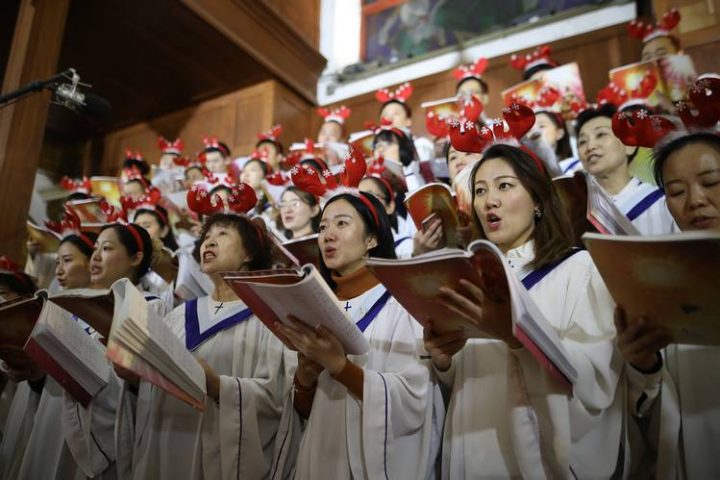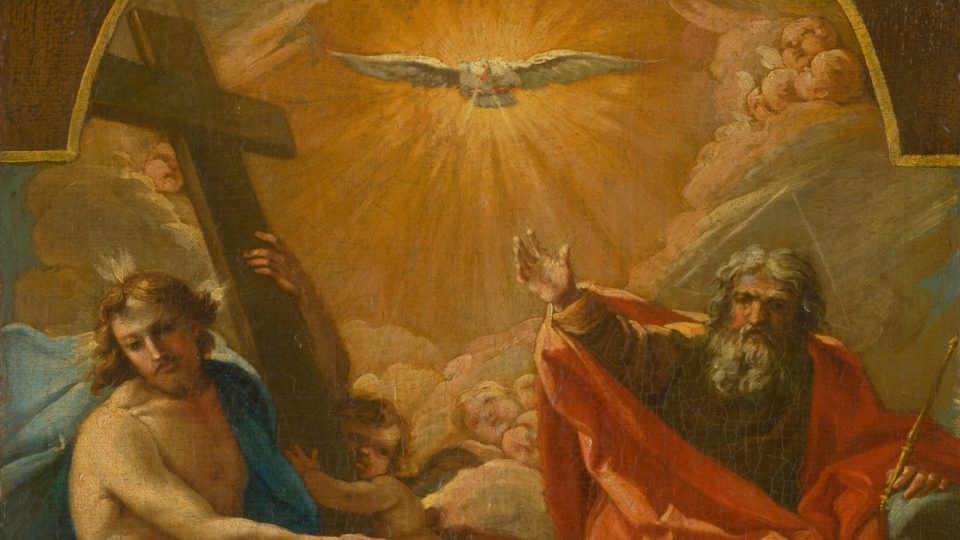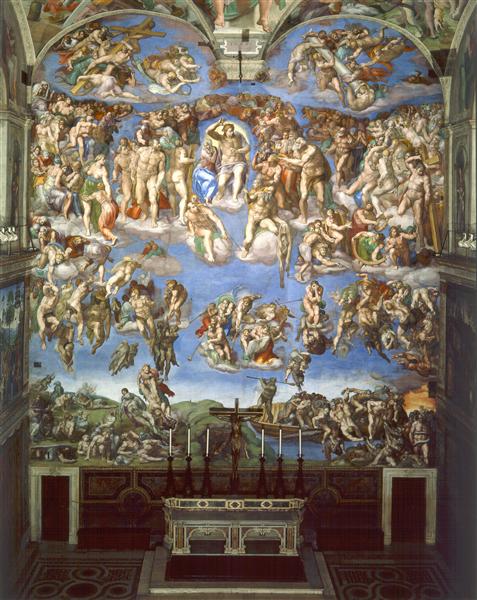Pope Francis has decided to accept the legitimacy of seven Catholic bishops appointed by the Chinese government, a concession that the Holy See hopes will lead Beijing to recognize his authority as head of the Catholic Church in China, according to a person familiar with the plan.
For years, the Vatican didn’t recognize the bishops’ ordinations, which were carried out in defiance of the pope and considered illicit, part of a long-running standoff between the Catholic Church and China’s officially atheist Communist Party.
The pope will lift the excommunications of the seven prelates and recognize them as the leaders of their dioceses, according to the person familiar with the situation. A Vatican spokesman declined to comment.
The decision reflects the Holy See’s desire for better relations with China—where Christianity is growing fast, though mostly in the form of Protestantism—and for an end to the division between the government-controlled church and a larger so-called underground church loyal to Rome. Catholics are estimated to number from 9 million to 12 million, while Protestants run from 40 million in some studies to two or more times that number in the estimates of some missionary groups.
The pope’s conciliatory approach stands out at a moment when China is tightening its grip on religious practice under the more assertive leadership of President Xi Jinping.
Many Catholic parishioners and priests in China have shunned state control and state-appointed bishops to keep faith with the Vatican. Believers have been imprisoned, harassed and otherwise persecuted.
Cardinal Joseph Zen, a former bishop of Hong Kong and a prominent champion of such Catholics, warned against any deal between China and the Holy See. “Winston Churchill said, ‘How can we deal with a totalitarian regime? How can we trust a totalitarian regime?’ They are simply not trustworthy,” he said in an interview.
The bishops approved by the Beijing-backed Chinese Patriotic Catholic Association are seen as more willing to toe the government’s line, or even to support a Chinese Catholic Church free of the Vatican’s influence. Several of the bishops are members of a government advisory body controlled by the Communist Party.
Some in the church see a rapprochement with an increasingly powerful Beijing as necessary for maintaining influence in China. Cardinal John Tong, who until August was bishop of Hong Kong, called a rapprochement the “lesser of two evils” last year in an influential essay.
The Vatican has told Beijing informally of the pope’s decision, which he has yet to sign into law, but which could be announced this spring, according to the person familiar with the situation.

Villagers pray during a Christmas eve mass at a Catholic church on the outskirts of Taiyuan, in China’s Shanxi province, in 2016.PHOTO: JASON LEE/REUTERS
It would then be up to Beijing to accept a proposed agreement giving the pope veto power on future bishop candidates, whom he would approve or veto after their selection by the Chinese government. Beijing’s major condition for that agreement has been that the pope recognize the seven bishops, the person said.
The Communist Party keeps a tight grip on all religious practice, mandating that religious institutions be free of foreign control. New regulations that went into effect on Thursday require that religious institutions gain government approval for teaching plans, overseas pilgrimages and other activities.
The pope’s recognition of the seven bishops would resolve a headache for Beijing, which has refrained from appointing bishops without Vatican approval in recent years, in part to show good will and avoid the negative publicity, said Anthony Lam, executive secretary at the Catholic Church-run Holy Spirit Study Centre in Hong Kong.
The Chinese Patriotic Catholic Association, the government body that oversees China’s Catholics, referred requests for comment to the government’s State Administration for Religious Affairs, which in turn didn’t respond to faxed requests.
The Vatican secretary of state, Cardinal Pietro Parolin, told the Italian daily La Stampa this week that a deal on bishop appointments would remove the major impediment preventing Chinese Catholics “from living in communion with each other and with the pope.”

Hong Kong Cardinal Joseph Zen opposes Vatican recognition of Chinese government-appointed bishops.PHOTO: ALBERTO PIZZOLI/AGENCE FRANCE-PRESSE/GETTY IMAGES







